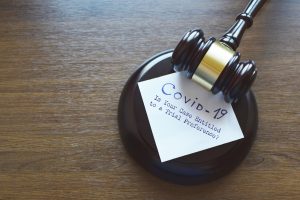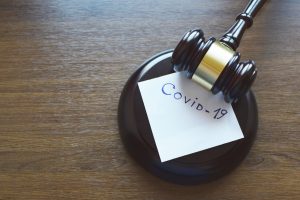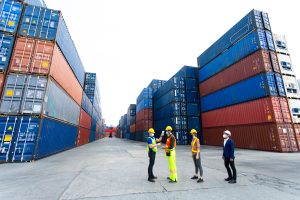 In the wake of the COVID-19 pandemic, the State and Federal Court in California have become severely backlogged. For months, the courts were closed entirely, hearing only the most urgent cases (such as domestic violence, restraining orders and other protective order type cases). The courts have slowly expanded operations and started hearing other non-urgent matters by video conference. Unfortunately, jury tirals are still on hold and these limited operations have not begun to make a significant dent in the major backlog of cases to be heard. There is a reported backlog of over a thousand criminal trials in California courts. Criminal defendants have the right to a speedy trial, so these cases must generally be given priority over civil matters.
In the wake of the COVID-19 pandemic, the State and Federal Court in California have become severely backlogged. For months, the courts were closed entirely, hearing only the most urgent cases (such as domestic violence, restraining orders and other protective order type cases). The courts have slowly expanded operations and started hearing other non-urgent matters by video conference. Unfortunately, jury tirals are still on hold and these limited operations have not begun to make a significant dent in the major backlog of cases to be heard. There is a reported backlog of over a thousand criminal trials in California courts. Criminal defendants have the right to a speedy trial, so these cases must generally be given priority over civil matters.
California Statutes That Create Civil Trial Preferences
Without any relief, the current backlog means that it could be months or even years before a civil case is scheduled for trial on a normal court docket. That being said, the California Code of Civil Procedure does create specific categories that allow a civil case to be given preference in trial scheduling. An experienced civil litigator can explain which, if any, of the following circumstances apply to an individual’s case:
 Business Lawyers Blog
Business Lawyers Blog




